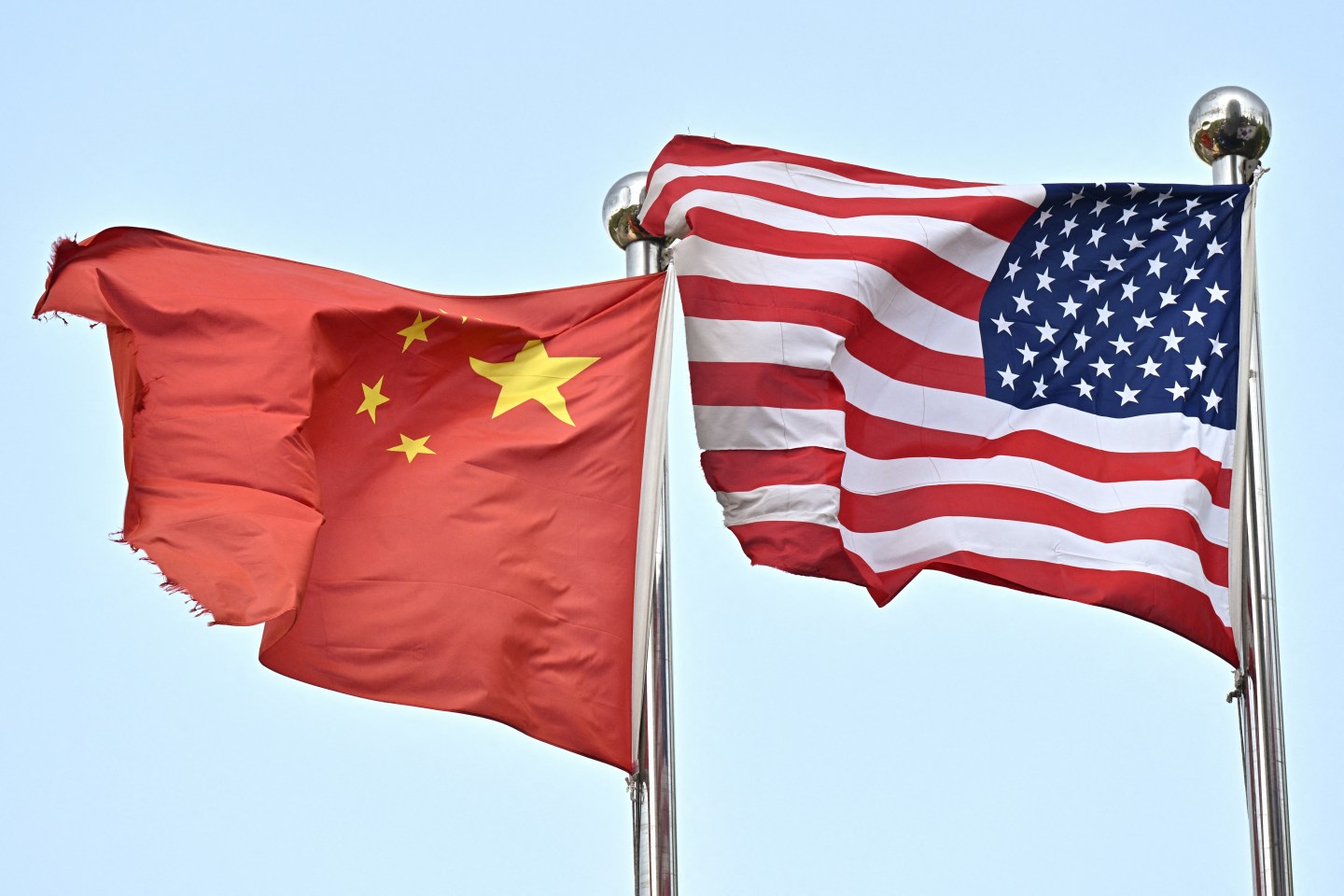Good morning.
Those of us in the journalism business are inclined to celebrate Jeff Bezos’ decision to buy the Washington Post in 2013. Since then, he has hired more journalists, built better technology, and revived a dying newspaper—albeit with a distinct editorial slant.
But if you are an Amazon shareholder, what should you make of it? As of Friday night, that is less clear. Amazon lost a whopping $10 billion contract—those don’t happen everyday—and there is at least reason to suspect Bezos’ ownership of the Post (which is independent of his ownership of Amazon) has something to do with it.
Let’s start with the facts. Microsoft and Amazon were finalists for the Defense Department’s massive $10 billion cloud computing contract. And most observers thought Amazon, the leader in cloud services, would have the edge. What happened?
In a book slated for publication this week, retired Navy commander Guy Snodgrass, who served as a speech writer to former Defense Secretary Jim Mattis, said Trump called Mattis and directed him to “screw Amazon” by preventing it from winning the Defense contract, according to an excerpt of the book. Mattis rejected the suggestion. “We’re not going to do that,” he said. “This will be done by the book, both legally and ethically.” But Mattis, of course, is now gone, as are many others who tried to circumscribe the President’s wishes.
Did Trump ultimately get his revenge for the Post’s tough coverage? Hard to know. Earlier last week, Amazon Vice President for Government Teresa Carlson spoke at the Fortune Most Powerful Women Summit and defended the government’s selection process. “The process was not rigged,” she said. But after the decision was announced Friday evening, an Amazon Web Services spokesperson said the company was “surprised about this conclusion.” AWS is reportedly considering whether to protest the decision.
More news below. And don’t miss Fortune’s Rey Mashayekhi’s piece on Mastercard’s plans to push into health care, fintech and supply chain management. It’s all part of trying to “broaden the scope of what we do, and who we do it with,” Craig Vosburg, the company’s president of North America, told Fortune. The strategy is focused around “the notion of Mastercard being [about] more than just cards.
Alan Murray
alan.murray@fortune.com
@alansmurray
TOP NEWS
Brexit Extension
French President Emmanual Macron (who recently burned a lot of political capital by blocking the expansion of the EU) has relented and joined the other EU national leaders in backing a three-month Brexit extension for the U.K. So expect a British election in December—or not; predicting what will happen next in this saga is a fool's game. Fortune
Argentina Election
The business-friendly conservative Mauricio Macri will be replaced as Argentine president by Alberto Fernández, a center-left Peronist. Fernández's election win Sunday also marks the return of Cristina Fernández de Kirchner, one of Argentina's most popular—and most divisive—former presidents, who is back as vice president. Bloomberg
Tiffany Bid
LVMH Moët Hennessy Louis Vuitton wants to buy Tiffany & Co. at a valuation of almost $14.5 billion, or around $120 a share—reportedly a 30% premium on Tiffany's trading price at the time of the bid, which occurred sometime in the last couple weeks. Tiffany will apparently work quickly on its response to the offer. Wall Street Journal
Virgin Galactic
Richard Branson's space venture, Virgin Galactic, will launch on the NYSE today. This is the first stock market flotation for any space tourism firm. Virgin Galactic, which recently merged with Silicon Valley holding firm Social Capital Hedosophia, aims to start sending tourists into space next year. BBC
AROUND THE WATER COOLER
Tech Enforcer
Fortune has a profile of Helen Dixon, one of the most important tech players you've probably never heard of. Dixon is the privacy watchdog in Ireland, where the likes of Facebook and Google have their international headquarters, so she's the one who will possibly be hitting such companies with mega-fines under the EU's General Data Protection Regulation. Fortune
EU Tech
Speaking of the EU taking on Silicon Valley, here's an interesting run-down of the various initiatives underway in Europe for building "technological sovereignty"—a key strategic desire of incoming European Commission President Ursula von der Leyen. But is it sovereignty or protectionism? Politico
Facebook Choices
Facebook has removed an ad that—as a stunt—falsely claimed Republican Senator Lindsey Graham backed the Green New Deal. The ad was posted by a left-wing PAC, so it seems Facebook is willing to fact-check ads from political groups but not (as it has recently made clear) individual politicians. CNBC
LSE Outcry
The London School of Economics has paused a proposed China-focused program following an outcry among its academics about the sponsor: Eric Li, a very pro-Beijing businessman who has spoken positively about the 1989 Tiananmen Square crackdown. LSE staffers were apparently concerned about the potential threat to academic freedom. Financial Times
This edition of CEO Daily was edited by David Meyer. Find previous editions here, and sign up for other Fortune newsletters here.












